THERE perhaps won’t be a more unique and enlightening South Asian short film than Your Love this year. The powerful romantic drama had its North American premiere at the recent OUTFEST Los Angeles LGBTQ+ Festival and is based on a South Asian woman who came out of the closet in her 60s.
The story of two young women forced apart by family pressures, and reunited years later with the help of an unexpected soul is also about a second chance at love.
The brave and beautiful film shining a light on a hidden truth within the South Asian community is the latest project from Sundeep Morrison. The award-winning queer non-binary Punjabi Sikh actor, writer, and director adds to an impressive body of diverse work with the thought provoking drama.
Eastern Eye caught up with the multi-talented Canadian creative to discuss the film, attitudes within the Asian community toward the LGBTQ+ community and the experience of being a queer non-binary Punjabi Sikh.
What drove you to make this film?
This film is my love letter to the invisible LGBTQIA+ South Asian community, who have no choice but to stay in the closet, especially our queer elders, who couldn’t come out due to many reasons, be it family and societal pressure or personal safety.
Could you tell us about the film?
At its core, Your Love is a queer Punjabi love story about two women who are forced apart only to be reunited by an unexpected soul and given a second chance at love.
How much of the story is based on real life incidents like this?
Your Love is inspired by the true story of a South Asian woman who came out in her sixties. It made me think of all the untold and unfinished love stories of our queer community and elders who had to sacrifice the most sacred parts of themselves, and their identities in order to survive. It still happens to many folks who are forced to stay in the closet today.
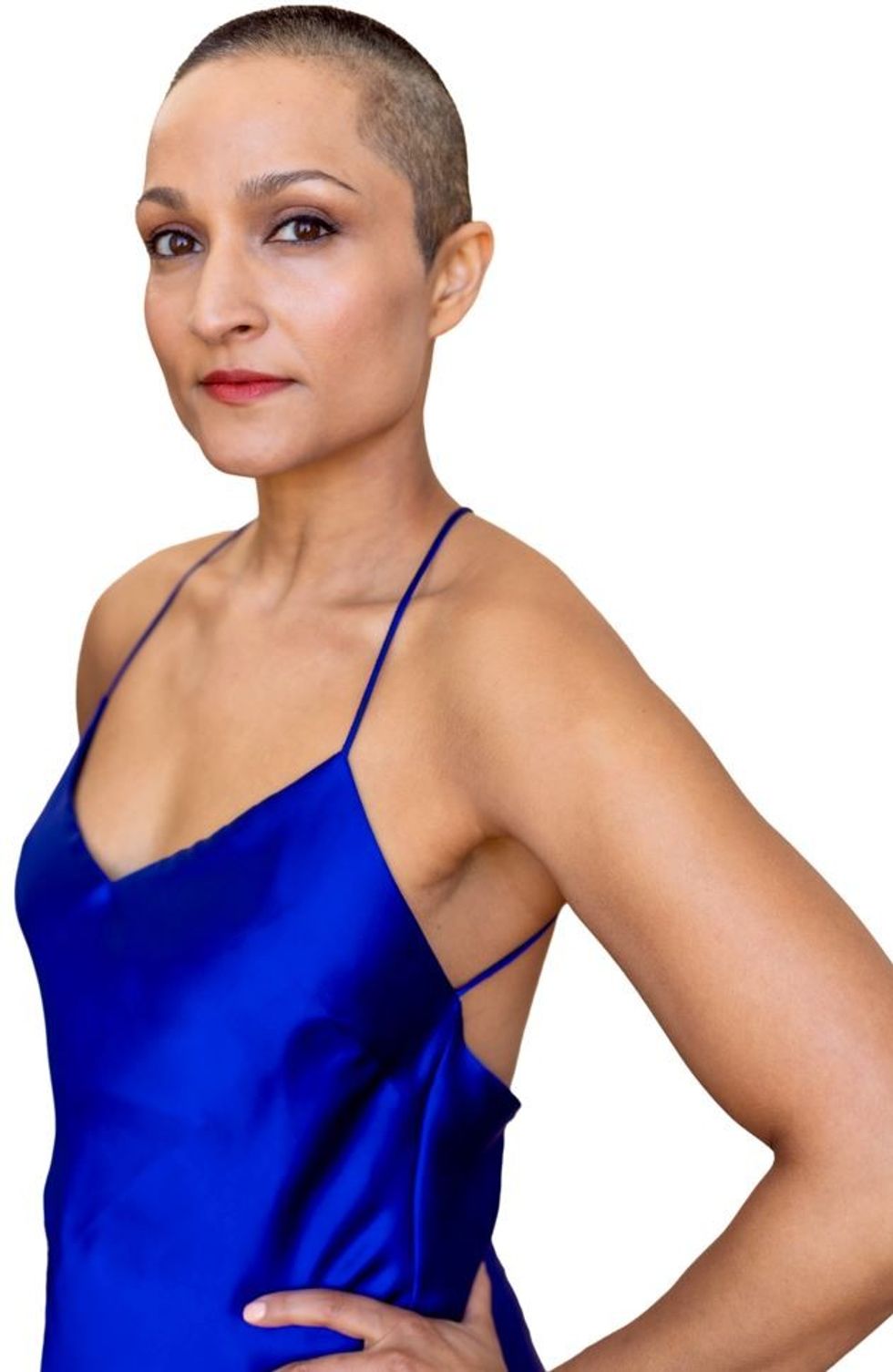
What was the biggest challenge of making this film?
I lost my mother early in the production, and we postponed the project. She was a big fan of the song the film is set to, and I’m glad I got to share the script with her. We were very fortunate and had a fantastic cast and crew here in LA. Our lead actors, Mona Sishodia, Suni M, Anjali Khurana, and Someya Bagai, had beautiful chemistry and were a dream to work with, bringing these characters to life.
Does this film confront a hidden truth within the Asian community?
Although love is celebrated in all forms of South Asian storytelling, especially in cinema, it still has a long way to go when showing and accepting all LGBTQIA+ love. Your Love explores how we force people to abandon living in their full expression to satisfy what we deem normal or acceptable.
Are attitudes within the Asian community changing towards the LGBTQ+ community?
Queerness is often seen as a white concept, which couldn’t be further from the truth. Although there is some progress in accepting our community, I feel actual progress is always reflected in LGBTQIA+ rights. The Indian government still opposes same-sex marriage, so much work must be done in our community.
Would this film open up new conversations about the subject?
Yes, sharing stories can help us understand and speak to our lived experiences and help change the way we think of others that live differently from us.
What is the key message of this film?
Being out and open is a privilege that is not afforded to all, and that queer love is not a phase.
Did you learn anything new while making it?
You can create a joyful environment; the team you choose to tell the story with is invaluable.
As a queer non-binary Punjabi Sikh actor, writer, and director, what have your own experiences been?
It’s been difficult because I know the sting of being othered, especially by our community. I have felt too queer to be Sikh and too Sikh to be queer. I’m also disqualified because I took my partner’s last name, and people make assumptions before meeting me. I am very grateful for my chosen family and community as they keep me going and give me hope.
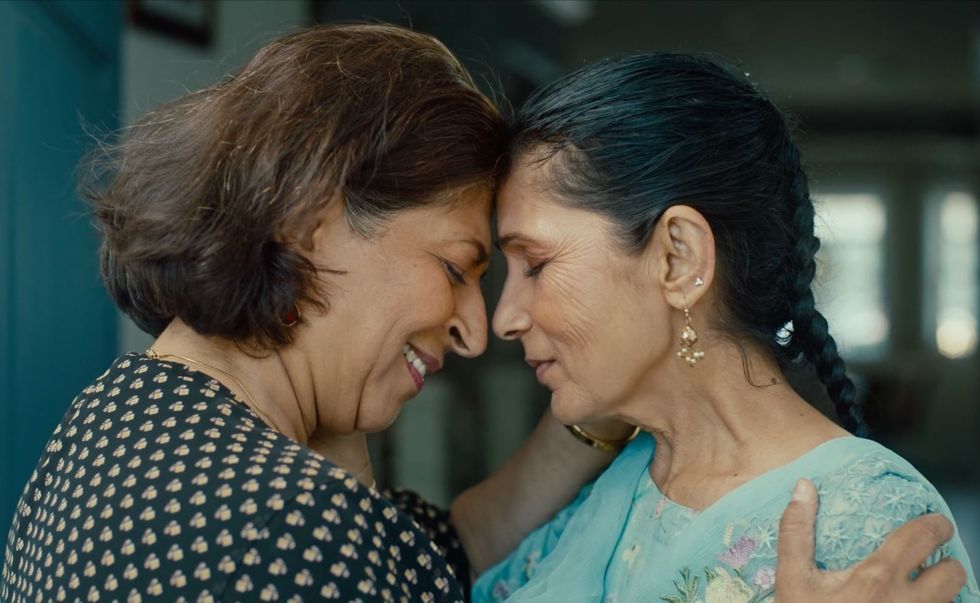
Will you be exploring more films within the subject matter?
Yes, I never saw reflections of myself on screen, and the queer experience is vast and beautiful.
Can art and films make a positive difference regarding subjects like this?
Stories can help us explore what we can’t always express in words. I feel that if a film can make us feel something then it can also make us think differently and challenge our beliefs.
What can we expect next from you?
I’m working on my first feature, which I’m very excited about.
What inspires you creatively?
My community and culture are my most profound sources of creativity.






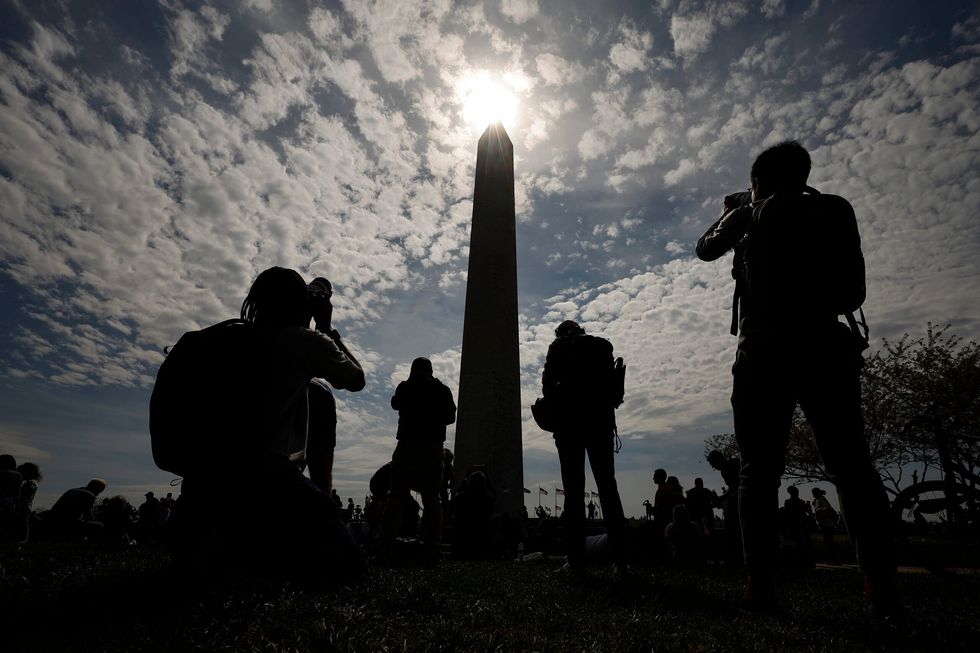 Photographers capture the solar eclipse near the Washington Monument on the National Mall, a rare event until 2044. (Photo credit: Getty images)
Photographers capture the solar eclipse near the Washington Monument on the National Mall, a rare event until 2044. (Photo credit: Getty images)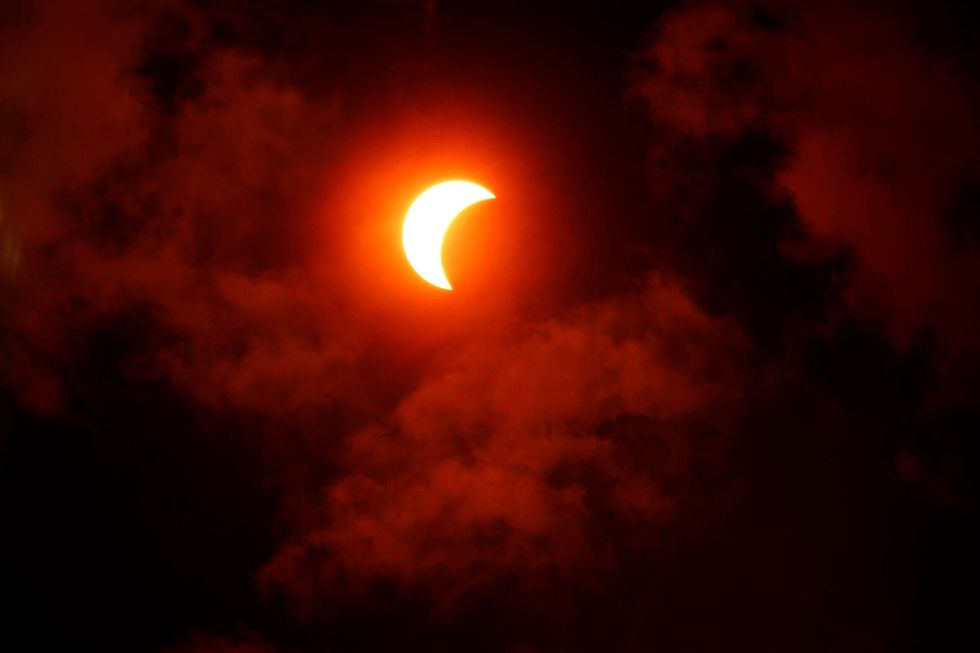 Solar eclipse observed above Washington, DC's National Mall on April 8, 2024, drawing crowds to the "path of totality." (Represenatative inmage: Getty images)
Solar eclipse observed above Washington, DC's National Mall on April 8, 2024, drawing crowds to the "path of totality." (Represenatative inmage: Getty images)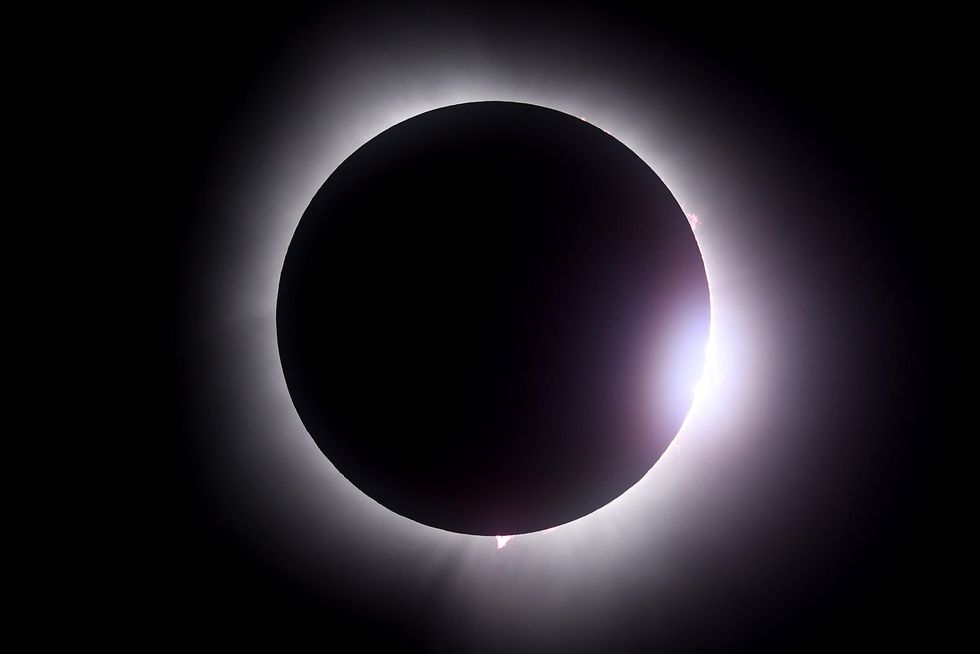 In Martin, Ohio, on April 8, 2024, the moon eclipses the sun, drawing millions to the "path of totality" across North America. (Representative image: Getty images)
In Martin, Ohio, on April 8, 2024, the moon eclipses the sun, drawing millions to the "path of totality" across North America. (Representative image: Getty images)












